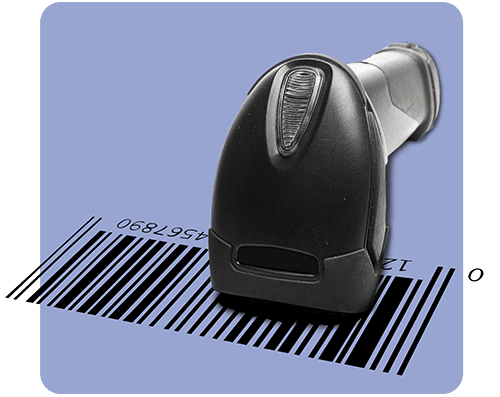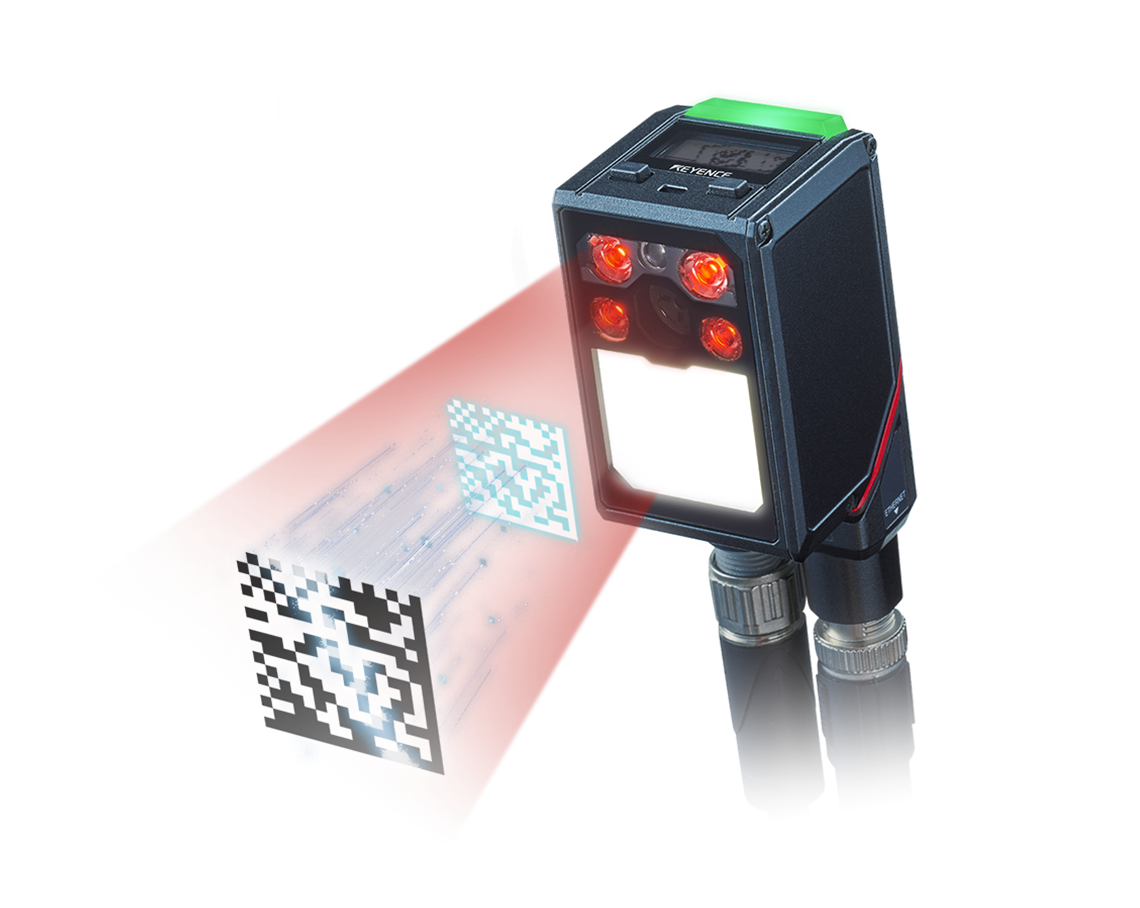Easy-to-Use Barcodes Scanners for Seamless Solutions
Easy-to-Use Barcodes Scanners for Seamless Solutions
Blog Article
Why Barcode Scanners Are Crucial for Modern Retail and Warehousing
In the swiftly progressing landscape of retail and warehousing, the integration of barcode scanners has actually become a pivotal aspect in improving procedures and enhancing accuracy. By automating information access processes, these devices not only lessen human mistake but additionally dramatically boost stock monitoring and checkout efficiency. As organizations pursue affordable benefit, recognizing the diverse advantages of barcode modern technology reveals its essential role in optimizing source allotment and fostering robust provider connections. The ramifications of these advancements increase further inquiries concerning the future trajectory of barcode innovation and its influence on sector criteria.
Advantages of Barcode Scanners
Barcode scanners offer various advantages that significantly enhance functional performance in retail and warehousing settings. The automation of information access processes gets rid of the mistakes commonly related to hands-on input, bring about enhanced accuracy in inventory tracking and sales transactions. With the capability to swiftly check items, organizations can speed up check out times, enhancing the client experience and decreasing wait times.
Furthermore, barcode scanners promote real-time information collection, permitting immediate updates to supply degrees and sales records. This capability enables businesses to react quickly to modifications sought after and optimize supply degrees, reducing excess stock and lessening stockouts. Furthermore, the integration of barcode scanners with stock monitoring systems streamlines processes such as order gratification and product returns, additionally improving operational effectiveness.
Cost financial savings are another essential advantage. By decreasing labor prices connected with hand-operated inventory management and reducing mistakes that can cause financial losses, barcode scanners add to total profitability. Additionally, their ease of usage and portability make them obtainable for personnel training, making sure that staff members can rapidly end up being competent in their operation. Overall, the implementation of barcode scanners is a tactical investment that yields considerable returns in performance and functional excellence.
Enhancing Supply Administration
Reliable supply monitoring is crucial for preserving operational efficiency in retail and warehousing settings. Barcode scanners play an important function in this process by improving the tracking of stock levels, item areas, and supply motions. By automating data capture, these gadgets lessen human error, leading to more exact supply documents.
Using barcode scanners makes it possible for real-time exposure into supply quantities, enabling companies to make educated choices pertaining to reordering and stock turning. This immediacy assists prevent overstocking or stockouts, both of which can negatively impact customer contentment and earnings margins.
Additionally, barcode scanning assists in effective stock audits. With fast scanning capabilities, team can perform inventory checks swiftly, making sure that inconsistencies are identified and fixed immediately. Improved inventory accuracy not only sustains operational performance yet also strengthens relationships with vendors, as exact data can lead to much better arrangement terms and improved order fulfillment.

Improving Check Out Performance
As customers progressively demand quicker and much more effective buying experiences, improving YOURURL.com check out processes has actually come to be a leading priority for merchants. Executing barcode scanners plays a critical duty in this undertaking, substantially enhancing the purchase procedure. By enabling cashiers to scan things rapidly, barcode modern technology reduces the time spent on each sale, hence reducing total wait times for consumers.
Additionally, barcode scanners help with the accurate recognition of products, lessening the possibility for mispricing and making sure that consumers are billed properly. This performance not just improves client contentment but additionally go right here improves the merchant's operational performance. With the capacity to refine numerous items in quick succession, retailers can handle high quantities of transactions throughout peak purchasing hours without giving up service top quality.
In addition, integrating barcode scanners with point-of-sale systems allows real-time stock updates, giving valuable insights right into supply degrees. This immediacy enables retailers to take care of stock a lot more properly, making certain that prominent things remain in stock and lowering the likelihood of shed sales. On the whole, the fostering of barcode scanning innovation is crucial for improving checkout efficiency, ultimately leading to boosted client experiences and boosted sales for merchants.
Lowering Human Error
In retail and warehousing environments, the execution of scanning innovation considerably decreases human error during purchases. Conventional manual entrance of item details is prone to blunders, including inaccurate rates, misidentified products, and information entry mistakes. barcodes scanners. Barcode scanners enhance this process by automating the capture of product information, making sure precision and uniformity
By utilizing barcode scanners, workers can swiftly check things instead than by hand inputting information. This automation reduces the threat of human oversight, providing an extra reliable transaction process. Researches reveal that errors in inventory administration can lead to pricey disparities, influencing stock levels and customer satisfaction. Barcode scanning reduces these dangers by boosting the precision of inventory counts and sales records.
In addition, barcode scanners boost liability within the labor force. In general, the adoption of barcode technology is an important action toward achieving functional excellence in retail and warehousing setups.
Future Trends in Barcode Modern Technology
The evolution of barcode technology is poised to transform retail and warehousing operations in the coming years, driven by developments in automation, information analytics, and mobile integration. As markets progressively adopt Web of Things (IoT) systems, barcode scanning will certainly become important to real-time inventory administration and supply chain optimization. Boosted information analytics abilities will certainly enable companies to harness checked information for anticipating analytics, enhancing need forecasting and inventory turnover.

Additionally, the assimilation of expert system with barcode modern technology assures to simplify processes via smart recognition and mistake discovery. As equipment learning algorithms assess scanned data, they can offer insights that aid avoid stockouts and overstock circumstances.

Verdict
To conclude, barcode scanners play an essential duty in contemporary retail and warehousing by improving stock management, enhancing checkout effectiveness, and considerably lowering human error. The combination of barcode innovation not just simplifies procedures yet likewise promotes better supplier relationships and maximizes source allowance. As innovation remains to develop, the future of barcode scanning assures more advancements that will drive operational efficiency and profitability in increasingly open markets.
Report this page